Our relationship with God can take on different aspects.
Today’s gospel text shows a rather astonishing element… that of questioning!
The scene is that of the apostles caught in a storm and their boat is nearly swamped by the waves (Mark 4:35-41).
Amazingly, Jesus is quietly sleeping through this situation.
His apostles come to wake him up with obvious insistence, asking him:
“Master, don’t you care if we drown?”
A question which has the tone of a challenge, and something of a reproach as well.
Jesus intervenes with power and authority over the forces of nature.
All is peaceful again – both wind and sea are now calm.
But then, Jesus is the one now questioning the apostles, saying:
“Why are you so afraid? Do you still have no faith?”
Quite an amazing question in the circumstances!
Jesus had been sleeping, unaware, unconcerned, it seems, by what the apostles were faced with.
The whole episode could have turned tragic.
And he questions… their FAITH!
 His friends have nothing to say in reply, but they now question… themselves about Jesus – about God.
His friends have nothing to say in reply, but they now question… themselves about Jesus – about God.
“Who is this? Even the wind and the waves obey him!”
Questioning God… Being questioned by God… Questioning ourselves about God…
This may be the slow process of getting to know God… through stormy days as well as more peaceful ones.
Daring to believe that even if he seems asleep God cannot fail to keep us safe…
Note: Another text is available on a different theme, in French, at: https://image-i-nations.com/12e-dimanche-de-lannee-b-2024/

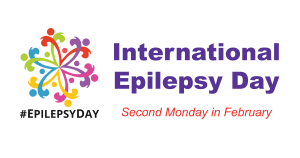
 This is the case, this Sunday, with the words of the prophet Isaiah telling us (Isaiah 35:1-6,10):
This is the case, this Sunday, with the words of the prophet Isaiah telling us (Isaiah 35:1-6,10):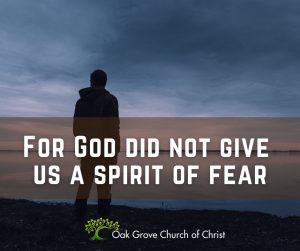 In today’s 2nd reading, we meet the apostle Paul writing to his friend Timothy (2 Timothy 1:6-8,13-14).
In today’s 2nd reading, we meet the apostle Paul writing to his friend Timothy (2 Timothy 1:6-8,13-14). What confirms me in this conviction is the gospel text of this Sunday (Mk.1:40-45).
What confirms me in this conviction is the gospel text of this Sunday (Mk.1:40-45).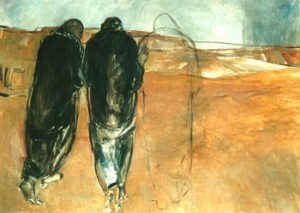 One especially retains my attention; the text says:
One especially retains my attention; the text says: An impediment of what kind?
An impediment of what kind?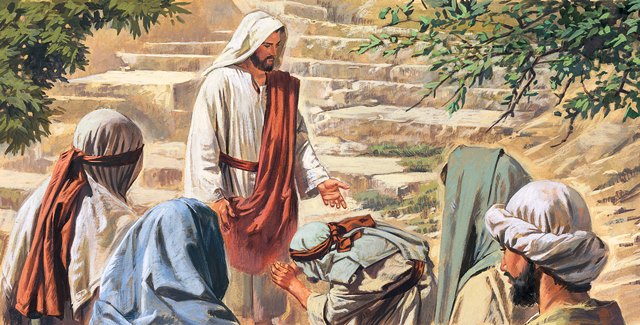
 It may be good to remind ourselves that when the ‘if, perhaps, maybe’ are spoken…” they always come from our side…
It may be good to remind ourselves that when the ‘if, perhaps, maybe’ are spoken…” they always come from our side…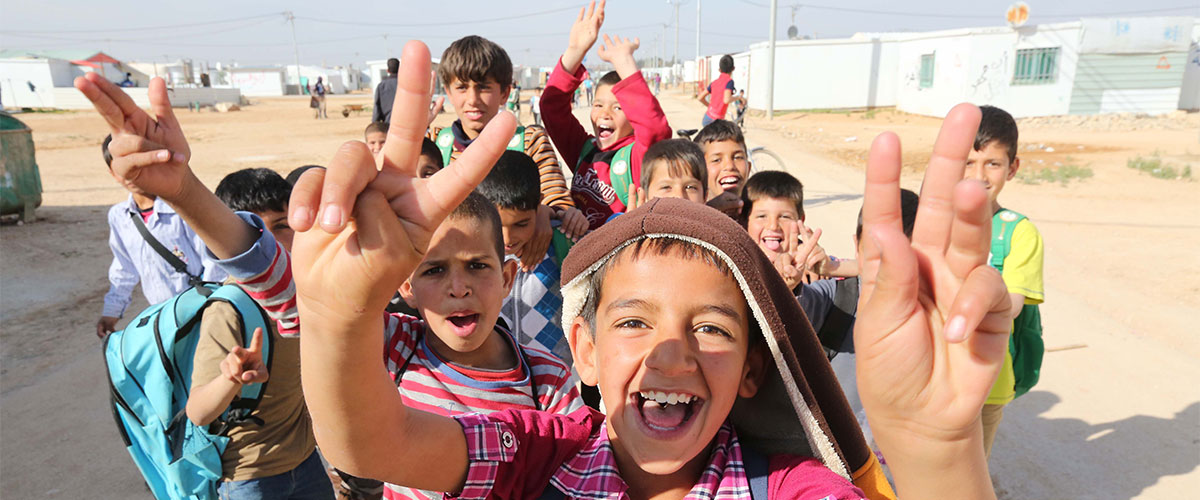 The theme honours the spirit of
The theme honours the spirit of 